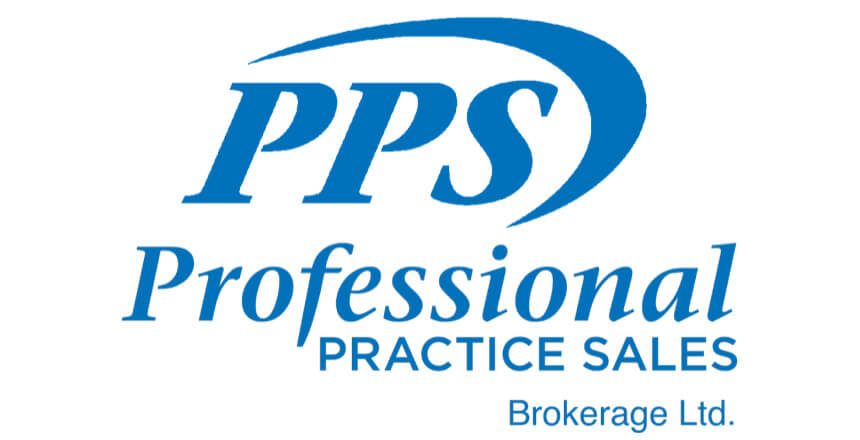
We get this response from many dentists when discussing their practice and future plans. While it is a fact that you don’t need a valuation until you sell, there are many reasons that having a practice valuation that is regularly updated may prove to be a valuable part of your long term business planning. In addition, it may help to make your practice more valuable when you do decide to sell a practice.
While it is the truth that most of our valuations are in response to a specific need, which may include selling, divorce, partnership splits, insurance or estate planning, we have many clients who are still 5-10 years away from selling, yet have a practice valuation, and they have it updated every year or two. Why would they waste their time and money, when it seems unnecessary?
First of all let’s look at the economics of a valuation. There is the initial valuation fee, which varies based on the size and location of the practice. Once this initial valuation has been performed, future updates (every 1 or 2 years), are typically performed at a fraction of the initial price, since the field work has been completed. It is common that since practices are generally stable, a valuation update within 1-2 years may not require a field visit, it may simply be comprised of adding new financial information, making equipment changes, and updating staff.
Secondly a dental practice valuation provides these dentists with valuable market and practice information that can be used to assist with the development and improvement of their dental practice. In a typical valuation, valuators will gather and analyze literally hundreds of pieces of information. This information includes a comprehensive financial analysis, premises lease analysis, location and practice demographics, a patients chart audit, procedure analysis, staff analysis, and equipment valuation. This data is then compared against other practices and the industry as a whole, and a market value is reached. Further if a valuation is then updated a year or two later, the data can be compared against the previous valuation to see how the practice changed and how the market has evolved.
In addition, when you conduct a practice valuation, you should hopefully develop a partnership with the practice valuators that will ensure that you have your pulse on the market and are made aware of market changes, innovations, and opportunities. The advice could include the implementation of a strategy to prepare your practice for sale, advice on transitioning, and ensuring your tax and legal structure are in place (we don’t give tax or legal advice), but work in conjunction with your accountant and lawyer to develop a comprehensive transition plan. Some of the market information that we may help you with include; market direction, changing location demographics, and emerging opportunities.
We have several examples of the benefits of a regularly updated valuation. Several years ago, we sold a practice that had been valued by our firm and updated regularly for the past 10 years. The practice sold at a nice premium, and all potential purchasers were pleasantly surprised that despite being over 30 years old, there was new equipment, updated technology (digital radiography, digital panoramic x- ray), and recently renovated premises. The selling dentist (who was almost 70 years old), credits our company’s founder, Graham Tuck, for pushing him to continue to invest in technology and to keep his practice current. This factor, along with the balanced financial metrics that we encouraged our seller to maintain, made a marked difference in the interest shown in the practice and the ultimate amount that was achieved.
We have another example where a prior valuation may have assisted. The practice in question had plenty of patients, but because the dentist had been planning for retirement, the production and more importantly the recall program had suffered. In response to this decline the dentist retained a consultant to improve the recall program. Unfortunately when this practice was valued and sold, the positive impact of the consultant had not really impacted the practice, and the steady decline in production created a negative perception that the practice was in trouble – as opposed to the dentist slowing down. If a valuation was performed earlier, the consultant could have been brought in earlier to refine the recall program. The results would have been slow steady growth instead of an unnecessary decline and the positive results would have been clear and proven.
A valuation performed by a reputable firm will take you to places you have never been in your practice. You will be enlightened by the results, some of which you may not want to know. However you should know about what is going on outside the operatory of your practice, just as much or more as what goes on inside the operatory.

